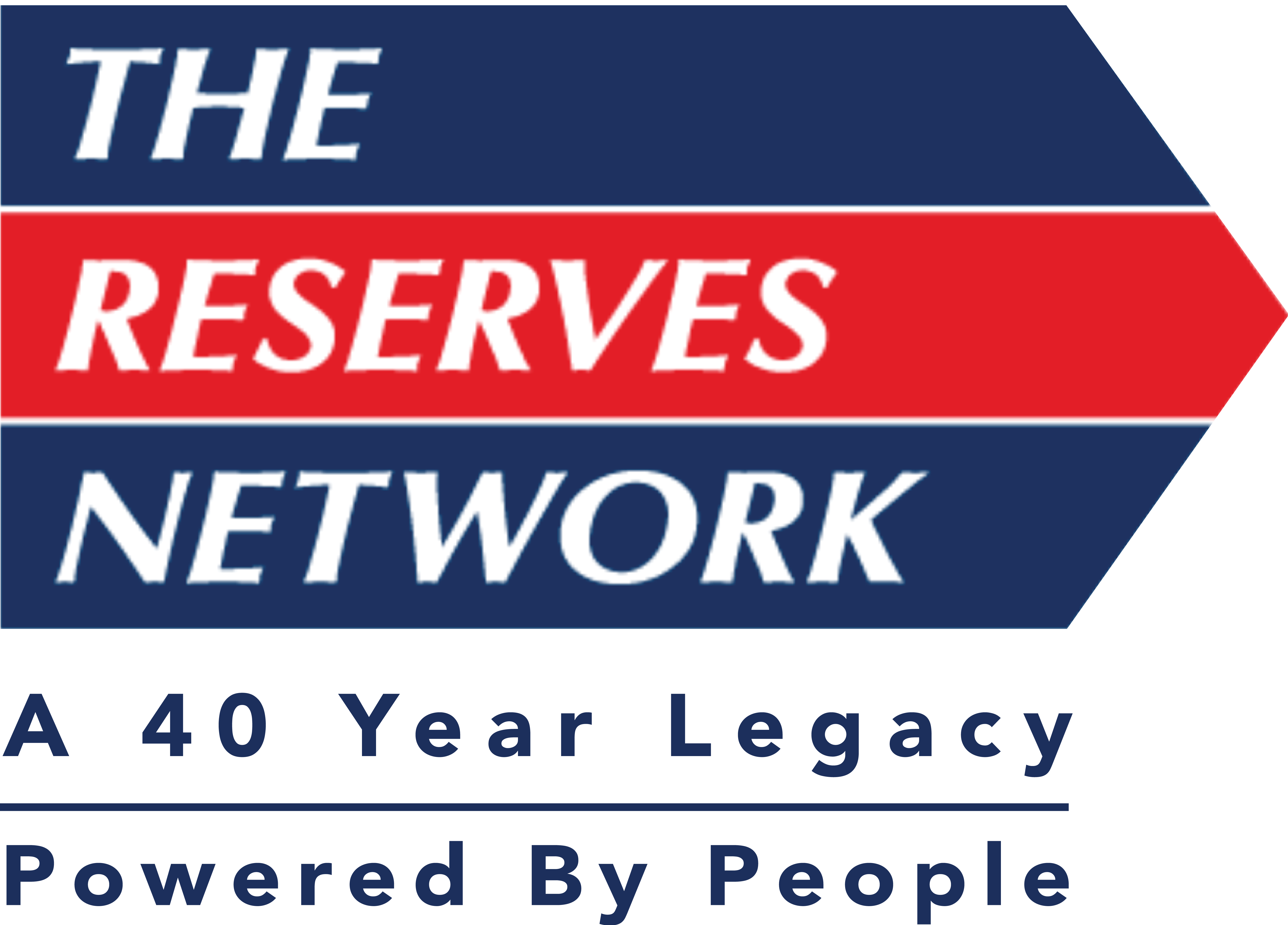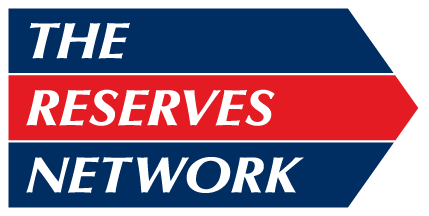How Long Should My Resume Be?
We hear it all of the time: How long should my resume be? The answer is, as short as possible. One to two pages is the best length if you want to create the perfect resume. Why? Recruiters are swamped with resumes in this competitive job market to the point where they simply cannot afford to read page after page of qualifications. Even if you are the most qualified candidate, your resume will not be read if it is too long. Keeping your application short and to the point ensures that only the most relevant information stands out to recruiters and gives you the best chance at standing out in the application process.
How to shorten a resume
If you are a seasoned professional, you may be wondering how you’re going to fit all of your extensive experience and professional accolades into just two pages. When it comes to crafting a resume, whether it be for a construction or a machine operator job; or a position in an office, it’s quality over quantity. The biggest misconception about resumes is that more is more, when in fact less is more. Recruiters do not want to have to search for the skills, certifications and keywords that are most relevant to the position in which they are trying to fill.
This means that if you have held 10 different positions over the past 20 years, but only four of them are relevant to the position to which you are applying, it is best to omit the other six positions in order to emphasize your recent and relevant experiences.
It’s also common practice to list your skills on your resume. This can take up quite a bit of space that you can’t afford. Shorten your resume by incorporating your skills in your description of each role that you have held.
How to lengthen a resume
Younger candidates with little-to-no experience may run into issues of not presenting enough information to recruiters on their resumes. You have to sell what you can sell. Schooling is key for those just starting out in the job market. It’s okay to place a higher emphasis on certain coursework, project work, academic accolades and other extracurricular activities that you were involved in.
Any experience that you have that can show employers quantifiable data should absolutely be included on your resume. It doesn’t matter if it was a school project, volunteer work or just a hobby.
Other than getting creative with the work experience that you list on your resume, formatting can also add additional space to a sparse resume. Adding extra spaces between jobs, listing out skills or adding your GPA underneath your degree are all ways you can format your resume to fill a page.
“Long or short, your resume is the start of a conversation. Highlighting skills and accomplishments professionally is a great icebreaker”, says Christie Rusk, Direct Hire Recruiter.
Don’t go at your job hunt alone. Enlist the services of a trusted light industrial recruiting firm like The Reserves Network. TRN specializes in sourcing top talent for light industrial jobs across America because we know that they are the backbone of our workforce. Contact TRN today to start your next job search!


